Thaksin to return as Thai political mess churns on
Ousted Prime Minister Thaksin Shinawatra said on Tuesday he would return to Thailand from exile.
Tuesday, 25.12.2007.
09:44

Ousted Prime Minister Thaksin Shinawatra said on Tuesday he would return to Thailand from exile. His announcement came after the party he backed emerged from weekend elections front runner to form a coalition government. Thaksin to return as Thai political mess churns on Thaksin, his party dissolved after a bloodless 2006 coup and he barred from politics for five years for electoral fraud, told a Hong Kong news conference he wanted to clear himself of the corruption charges brought by military-appointed investigators. He declared again he would not re-enter politics when he returned "by April at the latest". But, in a statement likely to upset his many enemies inside and outside the military, Thaksin said he would be happy to advise the People Power Party his supporters took over after their party was dissolved. "I will not take any political position," he said after the PPP won 232 of the 480 seats in parliament in Sunday's election and started trying to put a coalition government together. "That's enough. I am quitting politics," he said, but added; "I will give my ideas free of charge" if the PPP asked for them. Thaksin called for reconciliation in a country the election proved still deeply divided between the urban middle classes whose mass protests preceded the coup and the countryside which swept him to two landslide election victories. "I urge everybody concerned to forget the past and look forward to the bright and prosperous future for Thailand," he said. Course unclear However, the precise course Thai politics will take is still far from clear, with most parties saying they are unlikely to reveal their hands until the military appointed Election Commission finalizes the results, expected by January 3. The commission is also investigating scores of allegations of electoral fraud and there are frequently expressed suspicions that there will be military pressure to disqualify PPP winners and whittle down its numbers. "A PPP-led coalition would be a frontal assault on the Establishment, pitting the forces and interests of the majority of the electorate against those of a significant minority that includes Bangkok," political analyst Thitinan Pongsudhirak said. "Perhaps this is Thailand's inevitable reckoning, a collision course that was bound to arrive on the scene after decades of willful neglect of the majority by the minority," he wrote in the Bangkok Post newspaper. The PPP won almost 50 percent of the popular vote, mostly in the rural heartlands where Thaksin is regarded as the first Thai leader to pay serious attention to poor country folk through cheap health care and pumping money into the villages. Bangkok went solidly for the Democrat Party, the main opposition during Thaksin's five years in power, which won 165 seats and is favored by the military and royalist establishment. Despite the prospects of the political turmoil of the past two years continuing, the Thai stock market rose one percent on reopening on Tuesday, a day after an election holiday. Domestic investors believed the results of the weekend's general election would help improve domestic political stability and economic growth, likely to fall from 5.1 percent in 2006 towards 4 percent this year, the lowest rate in six years. But there were still fears the polarization of the country, which has had 18 coups in 75 years of on-off democracy, could result in more bloodshed and another military intervention. "If such divisions result in another unconstitutional replacement of the government, or social unrest, the political and economic consequences will be much more negative than experienced so far," ratings agency Standard & Poor's said.
Thaksin to return as Thai political mess churns on
Thaksin, his party dissolved after a bloodless 2006 coup and he barred from politics for five years for electoral fraud, told a Hong Kong news conference he wanted to clear himself of the corruption charges brought by military-appointed investigators.He declared again he would not re-enter politics when he returned "by April at the latest".
But, in a statement likely to upset his many enemies inside and outside the military, Thaksin said he would be happy to advise the People Power Party his supporters took over after their party was dissolved.
"I will not take any political position," he said after the PPP won 232 of the 480 seats in parliament in Sunday's election and started trying to put a coalition government together.
"That's enough. I am quitting politics," he said, but added; "I will give my ideas free of charge" if the PPP asked for them.
Thaksin called for reconciliation in a country the election proved still deeply divided between the urban middle classes whose mass protests preceded the coup and the countryside which swept him to two landslide election victories.
"I urge everybody concerned to forget the past and look forward to the bright and prosperous future for Thailand," he said.
Course unclear
However, the precise course Thai politics will take is still far from clear, with most parties saying they are unlikely to reveal their hands until the military appointed Election Commission finalizes the results, expected by January 3.The commission is also investigating scores of allegations of electoral fraud and there are frequently expressed suspicions that there will be military pressure to disqualify PPP winners and whittle down its numbers.
"A PPP-led coalition would be a frontal assault on the Establishment, pitting the forces and interests of the majority of the electorate against those of a significant minority that includes Bangkok," political analyst Thitinan Pongsudhirak said.
"Perhaps this is Thailand's inevitable reckoning, a collision course that was bound to arrive on the scene after decades of willful neglect of the majority by the minority," he wrote in the Bangkok Post newspaper.
The PPP won almost 50 percent of the popular vote, mostly in the rural heartlands where Thaksin is regarded as the first Thai leader to pay serious attention to poor country folk through cheap health care and pumping money into the villages.
Bangkok went solidly for the Democrat Party, the main opposition during Thaksin's five years in power, which won 165 seats and is favored by the military and royalist establishment.
Despite the prospects of the political turmoil of the past two years continuing, the Thai stock market rose one percent on reopening on Tuesday, a day after an election holiday.
Domestic investors believed the results of the weekend's general election would help improve domestic political stability and economic growth, likely to fall from 5.1 percent in 2006 towards 4 percent this year, the lowest rate in six years.
But there were still fears the polarization of the country, which has had 18 coups in 75 years of on-off democracy, could result in more bloodshed and another military intervention.
"If such divisions result in another unconstitutional replacement of the government, or social unrest, the political and economic consequences will be much more negative than experienced so far," ratings agency Standard & Poor's said.






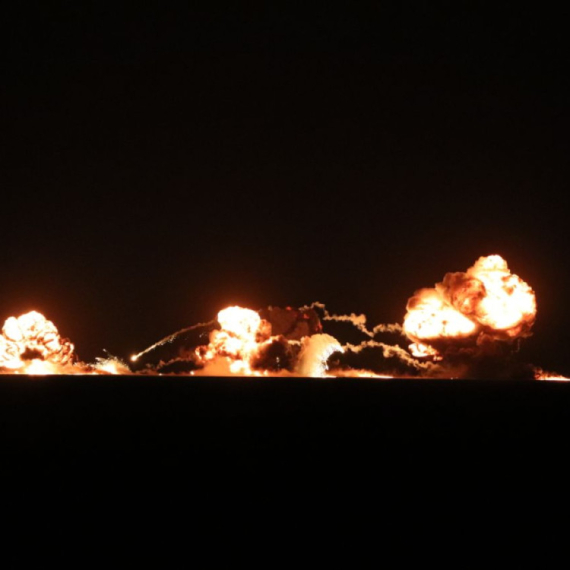




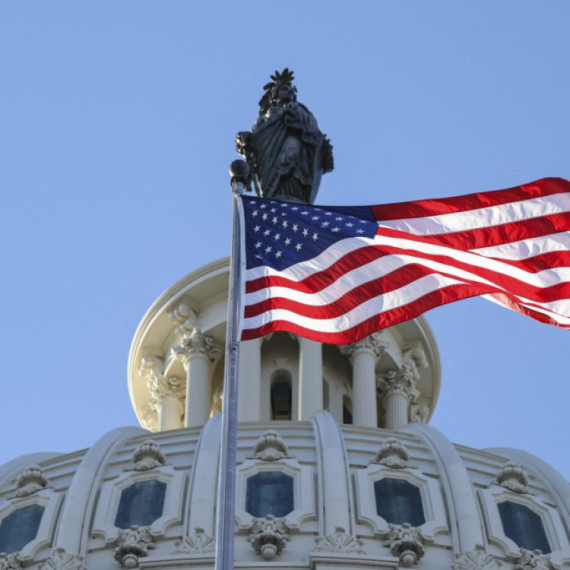
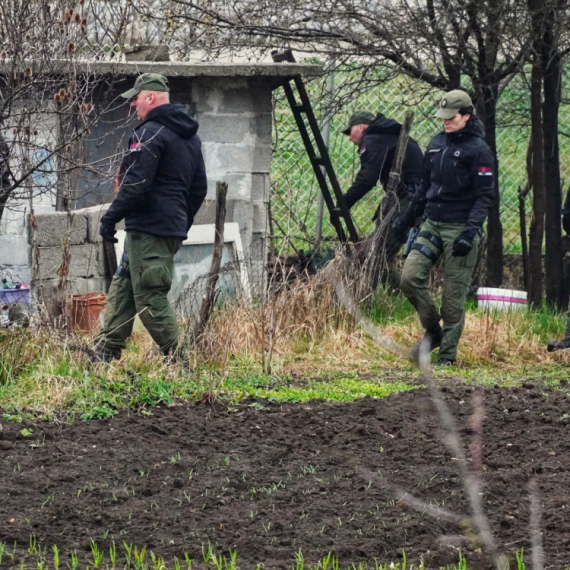


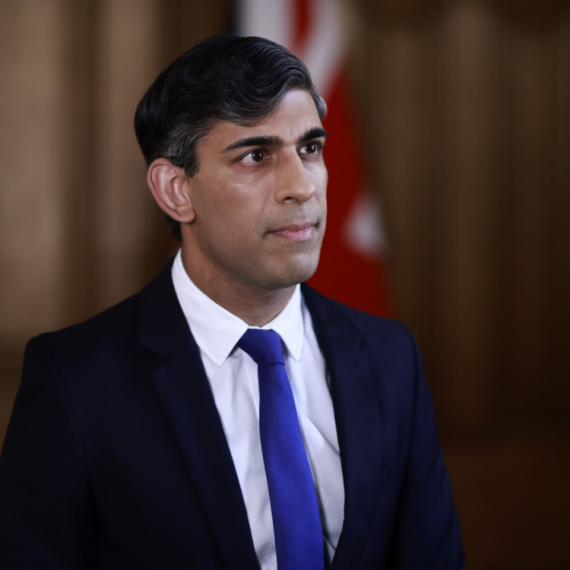
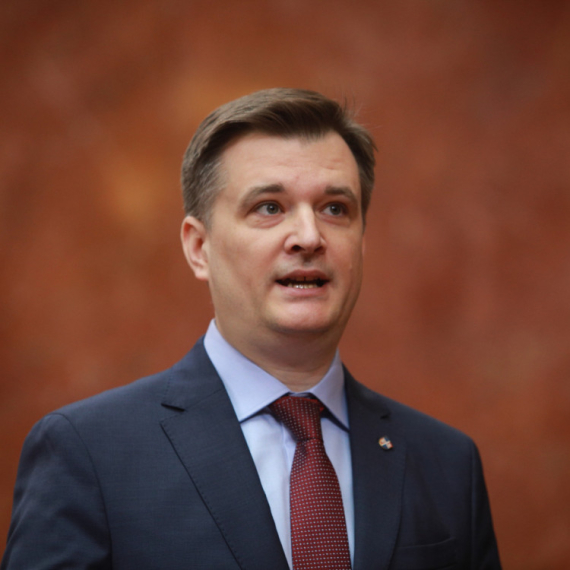

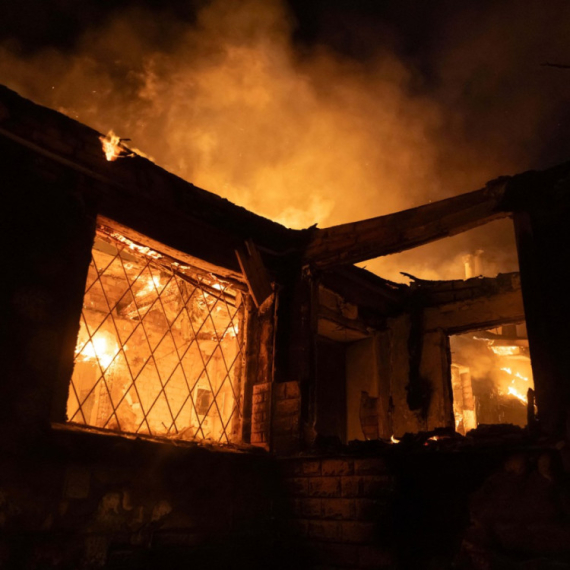
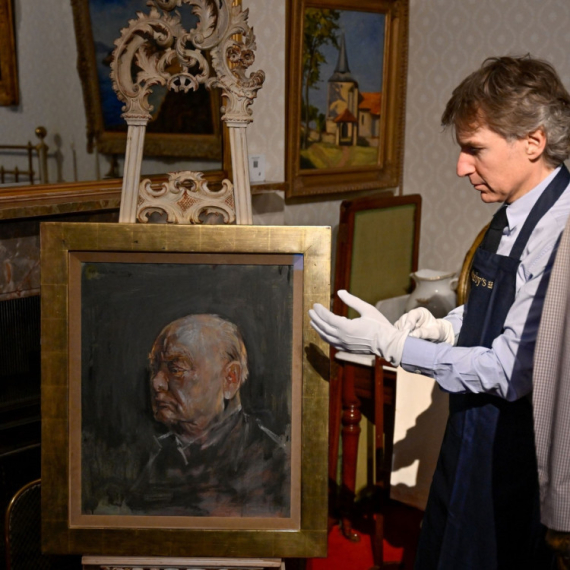
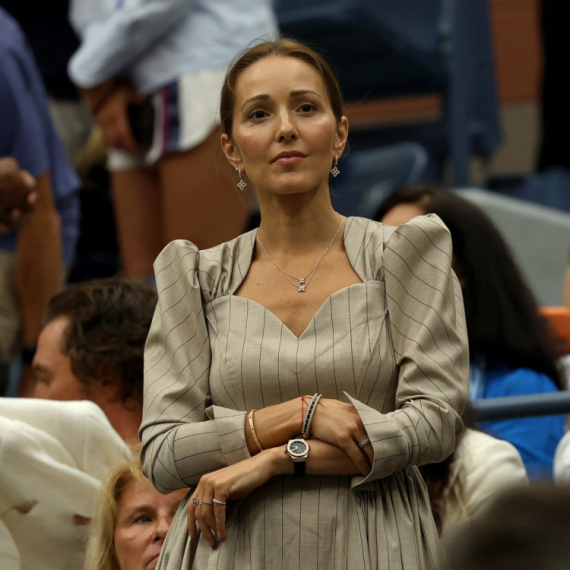

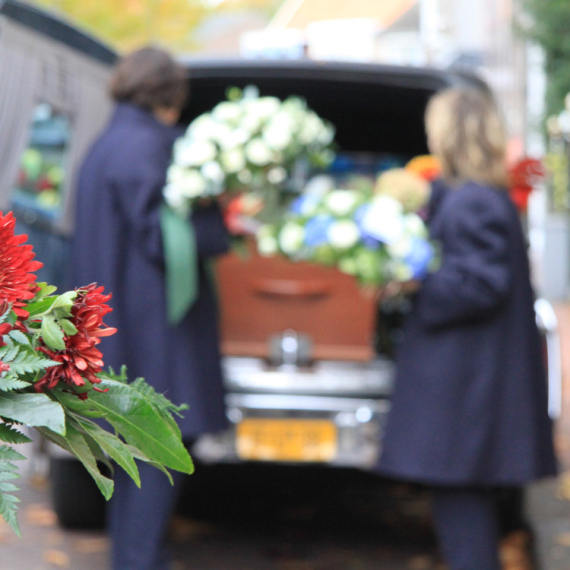




















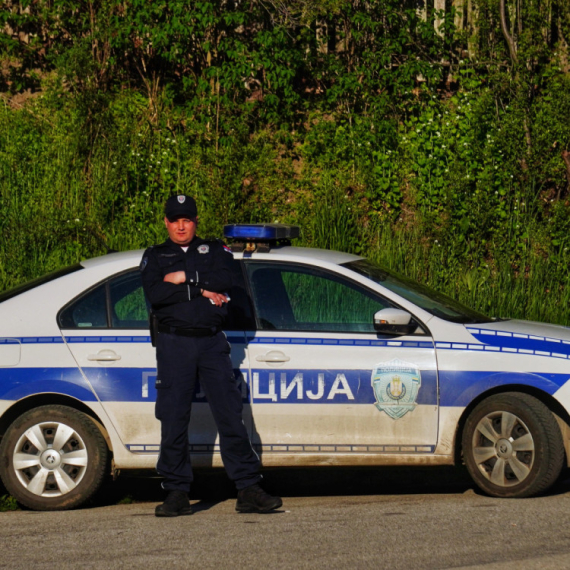

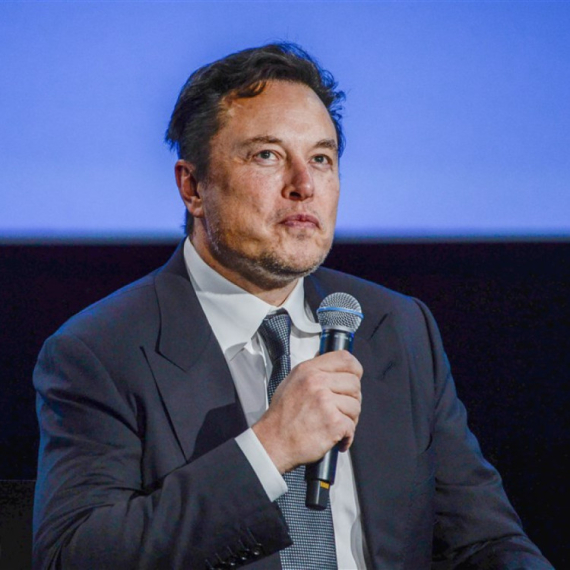








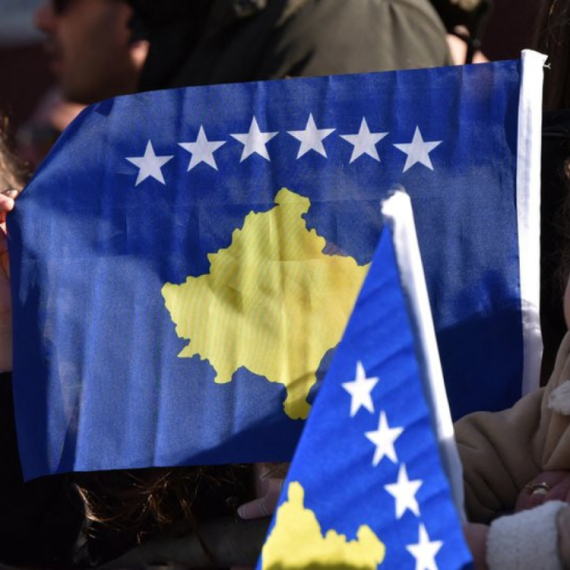





Komentari 0